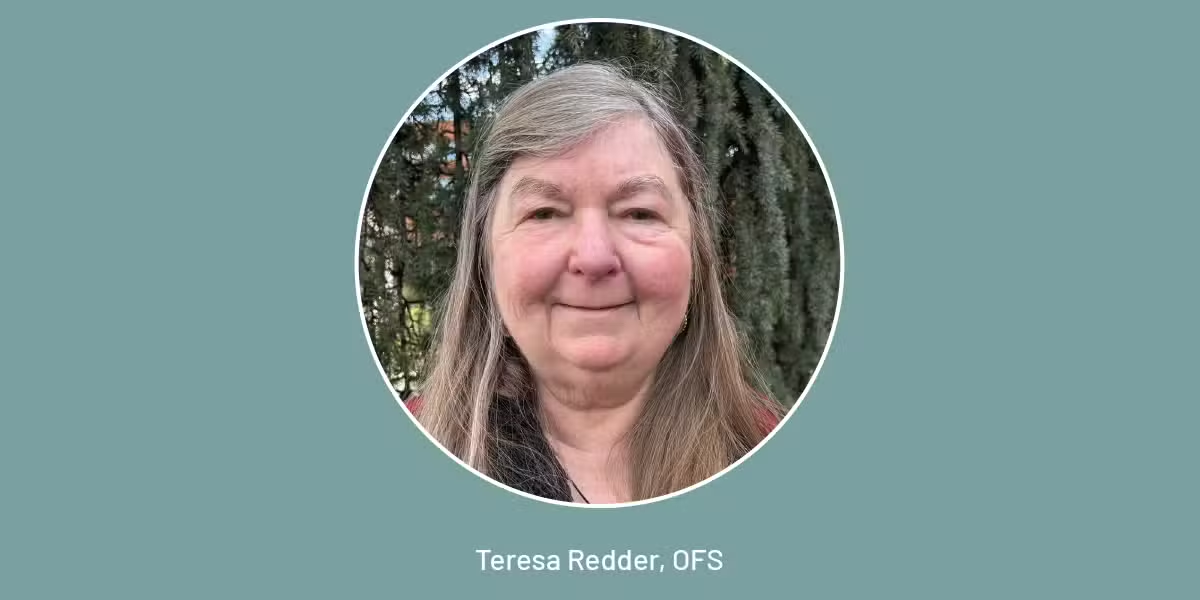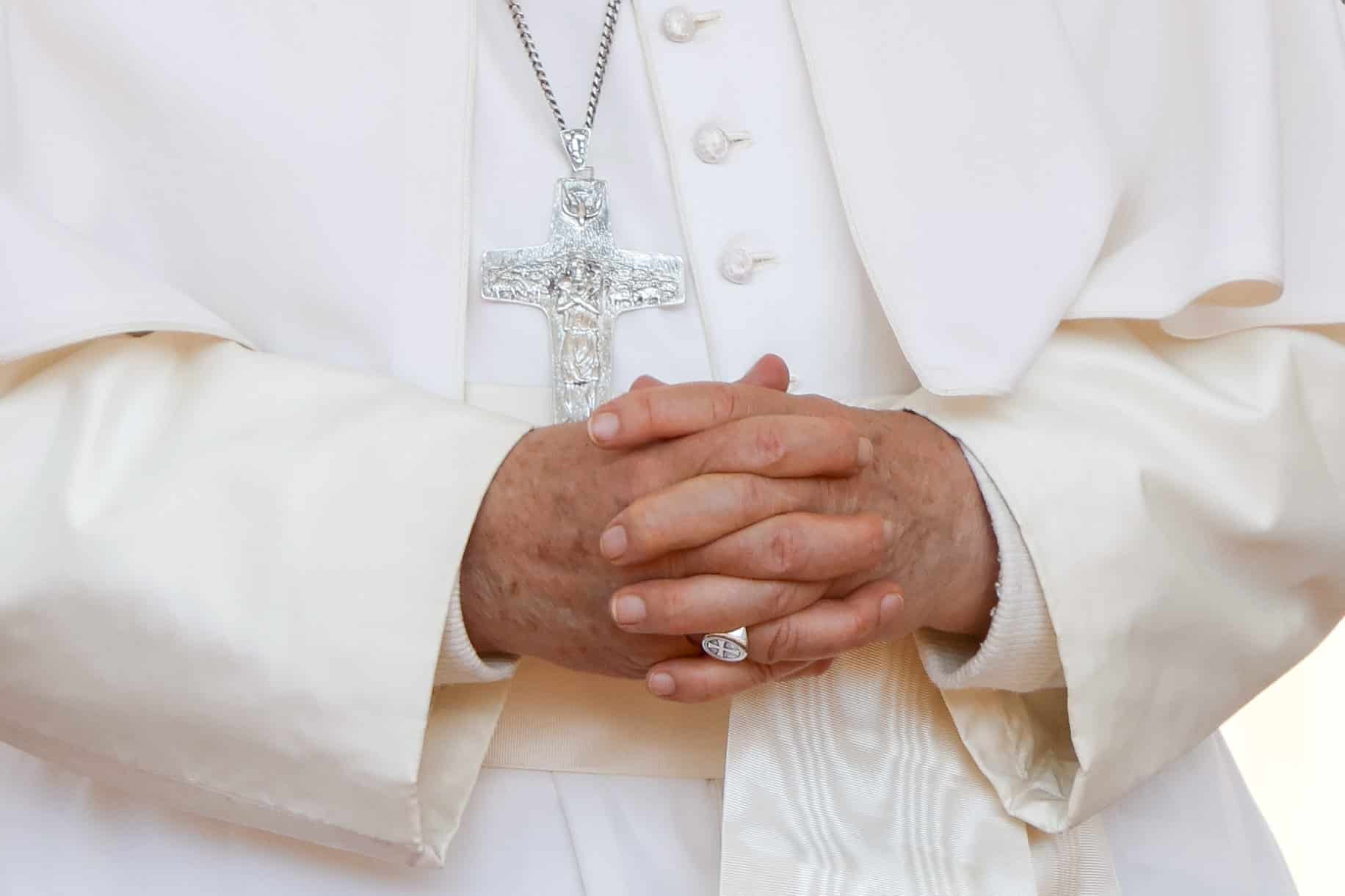NEW YORK (CNS) — “The natural world is fading. It’s happened in my lifetime. I’ve seen it with my own eyes. This film is my witness statement.” That’s the sobering — and very personal — message of “David Attenborough: A Life on Our Planet.”
The absorbing documentary is available now on Netflix.
Like its Emmy Award-winning 2019 predecessor “Our Planet,” this is a collaborative project teaming the venerable natural historian of the title, the streaming service, Silverback Films and the World Wildlife Fund. It features some cultural nudity and complex moral issues, but nothing objectionable.
Sir David, a former BBC journalist and the younger brother of the late actor and director Richard Attenborough (who himself was made a baron), is something of a rock star in the U.K. — albeit, at age 94, a seemingly unlikely one. He brings a lifetime of crafting nature films to bear on this urgent narrative.
Attenborough often speaks directly to the audience, and his voice is the only one viewers hear throughout the 83-minute running time. We first see him amid the broken glass and gutted buildings of Chernobyl, the ruined Ukrainian city that, in 1986, became the site of the worst nuclear accident in Soviet — and world — history.
Until that fateful event, our guide notes, Chernobyl — with its population of 50,000 — had “everything a community would need for a comfortable life.” But the disastrous explosion of one of the reactors at its power plant rendered it “uninhabitable.”
This “environmental catastrophe,” which had an impact throughout Europe, resulted from “bad planning and human errors.” These same factors will lead the human race back to a Chernobyl-like calamity, the nonagenarian warns, unless we do something about “the true tragedy our time, the loss of our planet’s wild places, its biodiversity.”
Viewers concerned with climate change may already be familiar the trends that alarm Attenborough: overfishing in the oceans, the cutting down of 15 billion trees annually and, most especially, temperatures warming at a greater speed than they have in 10,000 years. If all this continues, he believes, by 2100, Earth will be largely uninhabitable.
The naturalist contends, however, that human beings can still stabilize our planet by restoring its biodiversity. “If we act now,” he says, “we can make it right.” Solutions he suggests include harnessing renewable energies, adopting plant-based diets, raising the standard of living, reforesting and minimizing population growth.
From a Catholic perspective, the means for attaining that last goal would, of course, have to be morally acceptable ones.
“A Life on Our Planet” is, to say the least, challenging to watch. In fact, even those sympathetic to the naturalist’s case may not be able to absorb all of this documentary’s lessons in a single sitting.
Affable, sincere and eloquent, Attenborough is the film’s greatest asset. Picture-sharpening 4K camera technology enhances Roger Horrocks and Gavin Thurston’s breathtaking cinematography, while Steven Price’s exquisite musical score is yet another reason to watch.
Even those inclined to doubt or minimize the severity of the problems it outlines won’t be able to dismiss out-of-hand the vital plea at the core of “A Life on Our Planet.” As Pope Francis observed in his 2015 encyclical “Laudato Si'”: “Doomsday predictions can no longer be met with irony or disdain.”
By Chris Byrd | Catholic News Service







News & Commentary
‘David Attenborough: A Life on Our Planet,’ streaming on Netflix
NEW YORK (CNS) — “The natural world is fading. It’s happened in my lifetime. I’ve seen it with my own eyes. This film is my witness statement.” That’s the sobering — and very personal — message of “David Attenborough: A Life on Our Planet.”
The absorbing documentary is available now on Netflix.
Like its Emmy Award-winning 2019 predecessor “Our Planet,” this is a collaborative project teaming the venerable natural historian of the title, the streaming service, Silverback Films and the World Wildlife Fund. It features some cultural nudity and complex moral issues, but nothing objectionable.
Sir David, a former BBC journalist and the younger brother of the late actor and director Richard Attenborough (who himself was made a baron), is something of a rock star in the U.K. — albeit, at age 94, a seemingly unlikely one. He brings a lifetime of crafting nature films to bear on this urgent narrative.
Attenborough often speaks directly to the audience, and his voice is the only one viewers hear throughout the 83-minute running time. We first see him amid the broken glass and gutted buildings of Chernobyl, the ruined Ukrainian city that, in 1986, became the site of the worst nuclear accident in Soviet — and world — history.
Until that fateful event, our guide notes, Chernobyl — with its population of 50,000 — had “everything a community would need for a comfortable life.” But the disastrous explosion of one of the reactors at its power plant rendered it “uninhabitable.”
This “environmental catastrophe,” which had an impact throughout Europe, resulted from “bad planning and human errors.” These same factors will lead the human race back to a Chernobyl-like calamity, the nonagenarian warns, unless we do something about “the true tragedy our time, the loss of our planet’s wild places, its biodiversity.”
Viewers concerned with climate change may already be familiar the trends that alarm Attenborough: overfishing in the oceans, the cutting down of 15 billion trees annually and, most especially, temperatures warming at a greater speed than they have in 10,000 years. If all this continues, he believes, by 2100, Earth will be largely uninhabitable.
The naturalist contends, however, that human beings can still stabilize our planet by restoring its biodiversity. “If we act now,” he says, “we can make it right.” Solutions he suggests include harnessing renewable energies, adopting plant-based diets, raising the standard of living, reforesting and minimizing population growth.
From a Catholic perspective, the means for attaining that last goal would, of course, have to be morally acceptable ones.
“A Life on Our Planet” is, to say the least, challenging to watch. In fact, even those sympathetic to the naturalist’s case may not be able to absorb all of this documentary’s lessons in a single sitting.
Affable, sincere and eloquent, Attenborough is the film’s greatest asset. Picture-sharpening 4K camera technology enhances Roger Horrocks and Gavin Thurston’s breathtaking cinematography, while Steven Price’s exquisite musical score is yet another reason to watch.
Even those inclined to doubt or minimize the severity of the problems it outlines won’t be able to dismiss out-of-hand the vital plea at the core of “A Life on Our Planet.” As Pope Francis observed in his 2015 encyclical “Laudato Si'”: “Doomsday predictions can no longer be met with irony or disdain.”
By Chris Byrd | Catholic News Service